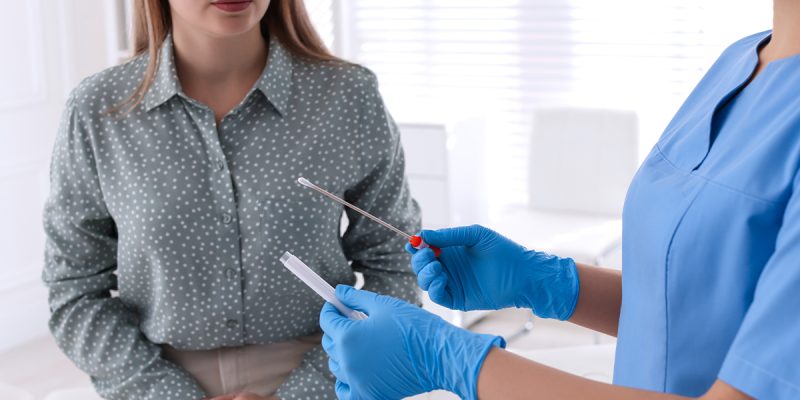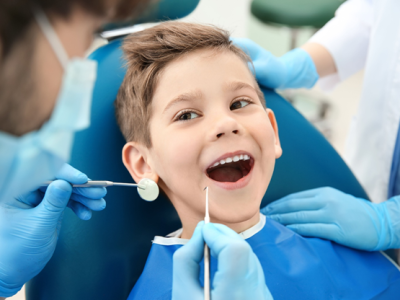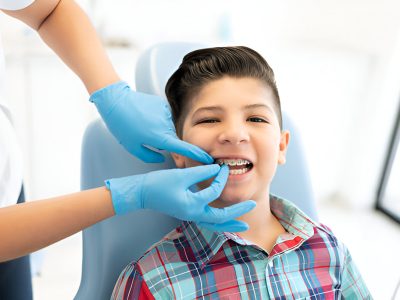Sexually transmitted diseases (STDs) often go unnoticed, quietly affecting people who may not show any symptoms. Left untreated, these infections can lead to serious health issues including infertility, chronic pain, and an increased risk of acquiring other infections. Regular visits to an STD clinic are an essential part of maintaining not just sexual health, but overall well-being.
STDs Don’t Always Show Symptoms
One of the most misleading aspects of STDs is that many can exist in the body without showing any clear signs. Infections such as chlamydia, gonorrhea, and even HIV may not present symptoms for weeks or even months. During that time, individuals can unknowingly pass them to their partners.
This is why routine testing at a qualified STD clinic is critical. It allows for early detection and timely treatment, often before complications arise. If you’re sexually active—especially with new or multiple partners—regular check-ups should become a normal part of your health routine.
Early Detection Prevents Long-Term Damage
Catching an STD early makes a world of difference. For example, untreated syphilis can progress through several stages, eventually leading to neurological or cardiac problems. Similarly, long-term untreated HPV can increase the risk of cervical or penile cancer, while chronic gonorrhea or chlamydia infections can result in pelvic inflammatory disease and infertility in women.
Visiting an STD clinic for regular screenings enables healthcare providers to identify problems before they progress. Many STDs are curable with antibiotics or manageable with antiviral medications, but timing is everything. The earlier you act, the better the outcome.
Reducing the Risk of Transmission
Regular testing isn’t just about protecting yourself; it’s about protecting others too. Many people are unaware that they’re carriers of STDs and may unintentionally infect their partners. Frequent visits to an STD clinic help reduce the community spread of infections by identifying and treating carriers.
This proactive approach is particularly important in relationships. Couples who test together can make informed decisions about protection methods, whether they decide to use condoms or explore other preventive measures like PrEP (pre-exposure prophylaxis) for HIV.
Promoting Health Without Shame
Despite advances in medicine and education, there’s still a lingering stigma surrounding sexual health. People may feel embarrassed or afraid to get tested, worrying about judgment from healthcare providers or peers. But STDs are common—millions of new cases are reported worldwide each year—and getting tested is a sign of responsibility, not recklessness.
STD clinics are designed to offer confidential, professional, and non-judgmental care. Their role is to provide information, testing, treatment, and counseling—all in a safe and supportive environment. When more people engage in regular visits, the stigma begins to fade, and sexual health becomes an accepted, normalized part of general healthcare.
Tailored Advice and Preventive Care
Every person’s sexual health needs are different. STD clinics provide personalized care based on factors such as age, sexual orientation, number of partners, and medical history. Beyond just testing, providers can offer advice on contraception, vaccinations (like HPV or hepatitis B), and safer sex practices.
These consultations can be especially valuable for younger individuals, people exploring new relationships, or those returning to dating after a long-term partnership. Having access to expert guidance makes it easier to navigate the complexities of sexual health confidently.
The Convenience of Modern STD Clinics
Modern STD clinics have come a long way in terms of accessibility and efficiency. Many now offer walk-in appointments, online booking, and even home test kits for those who prefer privacy. Results are often available quickly and can sometimes be delivered via secure digital platforms.
This flexibility removes barriers that might prevent someone from getting tested—like long wait times, limited clinic hours, or concerns about privacy. As more people take advantage of these services, communities become safer and healthier overall.
Conclusion
Routine visits to an STD clinic are an essential part of a responsible and proactive approach to health. Whether you’re in a monogamous relationship, exploring new partners, or simply taking care of yourself, these visits ensure early detection, reduce the risk of transmission, and help eliminate the stigma surrounding STDs.
With more resources available than ever before, prioritizing your sexual health is easy, accessible, and incredibly important. Make regular appointments a habit—because staying informed and protected is a key part of living well.












Comments